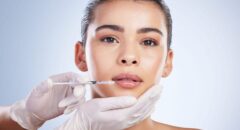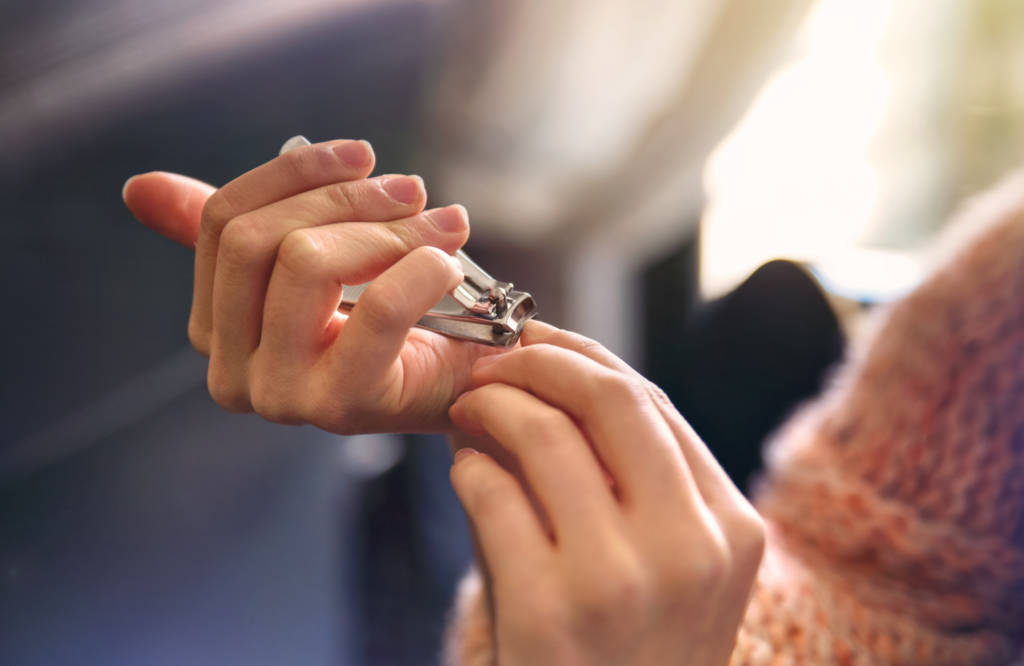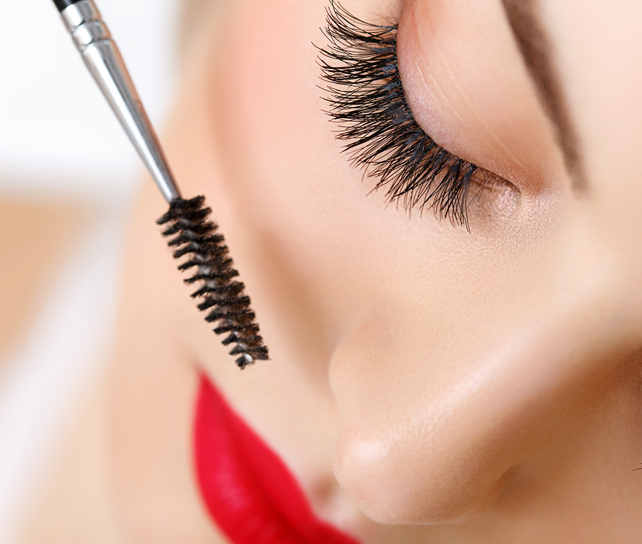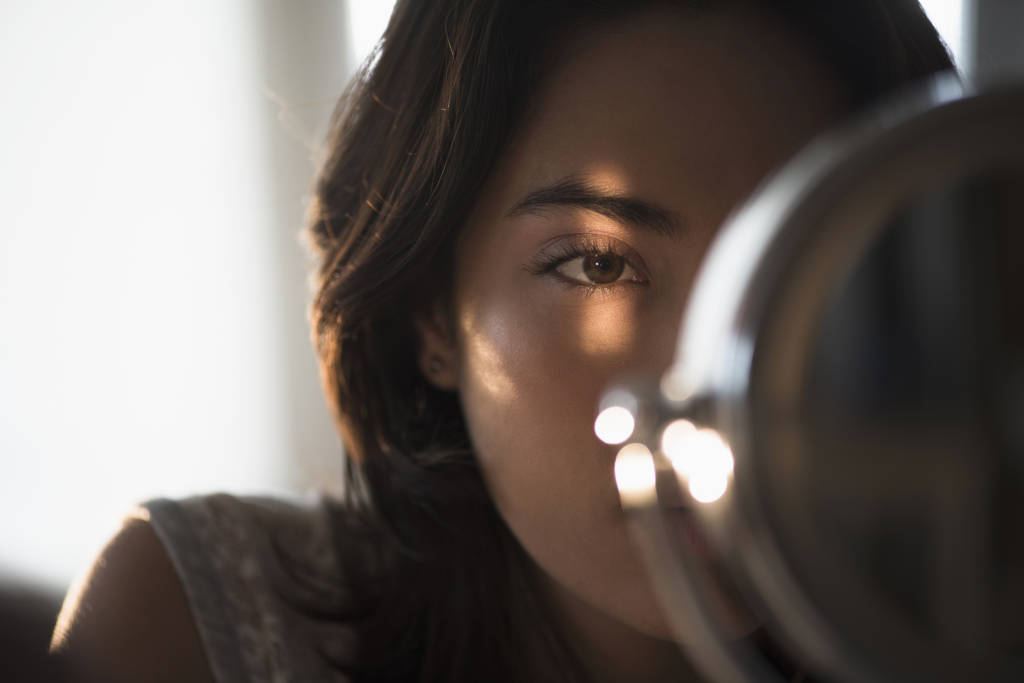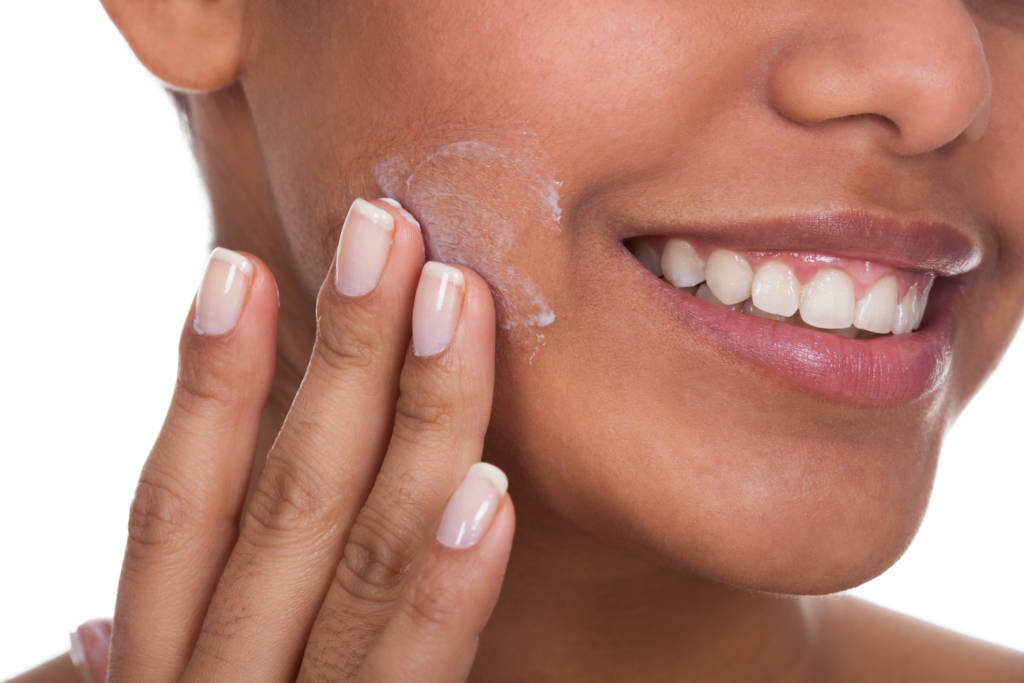That antiperspirant may keep you dry, but it might also disrupt the bacterial “community” that resides in your armpits, a new, small study suggests. Researchers said it’s not clear whether that disruption has any dire effects — or whether it could even be beneficial. But the findings, published in the journal Peer J, add to questions about the ways in which modern lifestyles could be altering the human “microbiome.”
The term refers to the trillions of bacteria and other microbes that inhabit the human body, inside and out. The skin is covered in a range of microbes — most of which are either harmless or beneficial, according to the U.S. National Institutes of Health (NIH). Some microbes, the NIH says, protect the skin from invasion by harmful bugs, and may also play a role in “educating” the immune system cells that dwell in the skin.
“We know that these skin microbes interact with the immune system,” said lead researcher Julie Horvath. “So it’s important to consider what our daily habits do to the skin’s microbiome.” The point of this study was not to demonize deodorant, according to Horvath, who heads the genomics and microbiology research lab at the North Carolina Museum of Natural Sciences, in Raleigh.
For starters, anything put on the skin — from lotion to makeup to soap and water — might change the microbial community. There are other factors, too, according to the NIH — such as age, gender and sun exposure. Horvath became interested in antiperspirants’ effects after she and her lab colleagues ran an experiment among themselves: They took swabs of their armpits, then cultured the samples to see what microbes were dwelling there.
At the time, Horvath was dealing with some public-speaking jitters, with the help of a clinical-strength antiperspirant. And it turned out that her armpit swab was free of microscopic organisms. “I thought, ‘Where are my microbes?’ ” she said. “And then I remembered the clinical-strength antiperspirant.”

